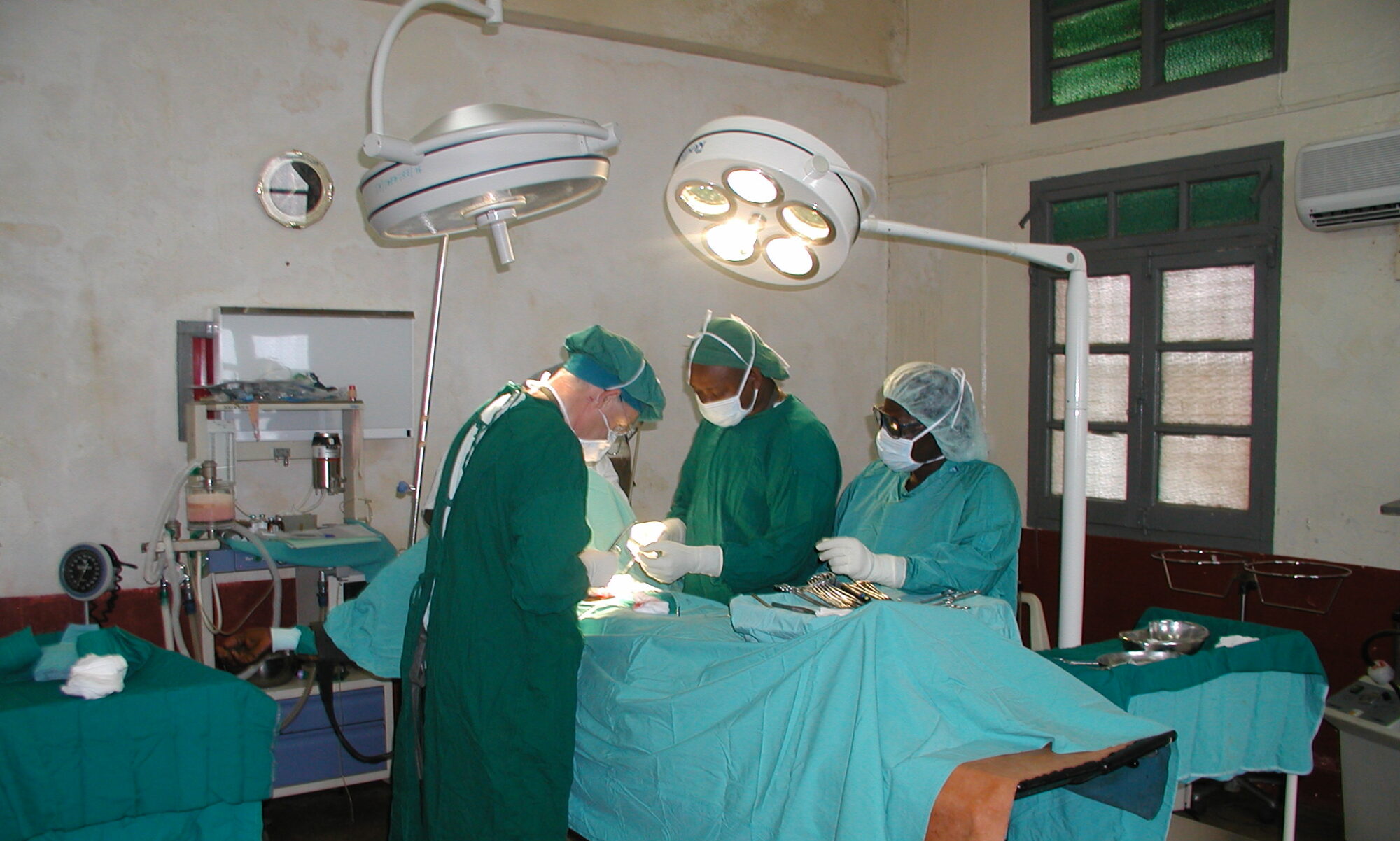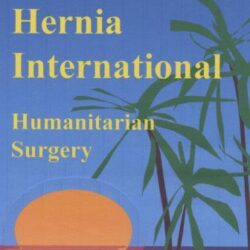The death of Dr RR Tongaonkar, renowned rural surgeon and prime protagonist for the use of mosquito net for inguinal hernia repair, occurred tragically on 7th September due to COVID-19.
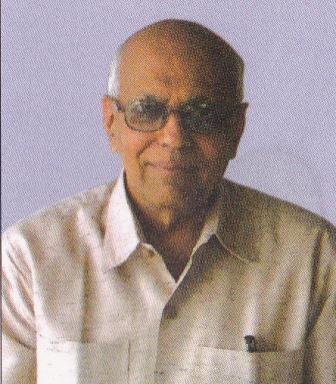
Rising from humble origins in rural India, Ravi graduated from the prestigious BJ Medical College, Mumbai with record Merit scores and chose Surgery for his career. He decided to settle in his birthplace of Dondaicha, Maharashtra State, which in the late 1960s was a small town of 17,000 population, 150km from the nearest District hospital. Two buses a day stopped in the town and there was a railway halt on the line to Pune. Local transport was by bullock cart. During the next 50 years, the population tripled and Ravi established a thriving Clinic (some say a “Mayo Clinic”) providing humane and affordable (free for the indigent) care to the community. A chance meeting with a surgeon using mosquito net for hernia repair, inspired Ravi to take up this techniaue and instigate its global promotion, which will be his lasting legacy.
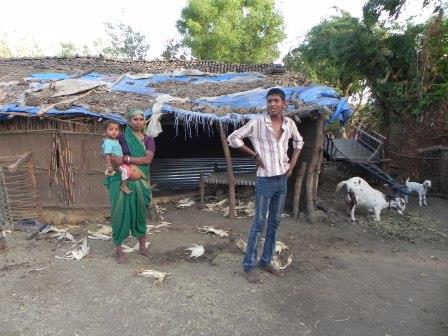
Born on 17th November 1939, Ravi’s early life was strongly influenced by both his Father, a Freedom Fighter (who on 15th August 1947 had the honour of bringing down the British Union flag on the Collector’s Office in Dhule, and hoisting India’s tricolour) and Mother (a teacher) who inculcated a selfless sense of duty. Their Mother tongue was Marathi and Ravi was not schooled in English until his arrival at Medical College. After paying for his food and lodgings, he had so little money that he wrote lecture notes on pieces of waste paper he had stitched together. With similar determination to succeed he stood first in every MB BS exam and his postgraduate MS. Shortly after these significant achievements his parents arranged for his marriage to Asha. He later related that their first meeting to discuss their future, took place in a railway canteen. Following the wedding (after which the procession took place in a bullock cart), Ravi declined the offer of the post of lecturer (with an assured path to Professor of Surgery) and decided that he and Asha (at the time a medical house officer) would establish a practice in Dondaicha.
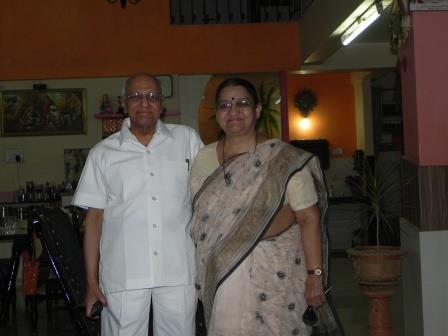
Appropriate accommodation for the clinic was in short supply, but eventually they settled in an old Swedish missionary’s bungalow which had five rooms suitable for development as a medical centre. From Day 1 the practice was hectic and involved a huge burden of medical ailments as well as surgical operations. Work continued until 8 or 9 o’clock at night, six days a week, relentlessly. In his acclaimed book “Making of a Rural Surgeon: An Autobiography” Ravi describes in vivid detail the trials and rewards of these days as he brought the practice into the 21st century with modern equipment and medical supplies. He and Asha developed radiographic skills, Asha trained in anaesthesia and created a basic diagnostic laboratory. In 1986 Ravi attended a laparoscopic course arranged by the Indian Association of Gynaecological Endoscopists and introduced diagnostic laparoscopy to his practice. He taught himself TransUrethral Resection of the Prostrate on a potato model. His resourcefulness and eagerness to be at the cutting edge of surgery was enormous.
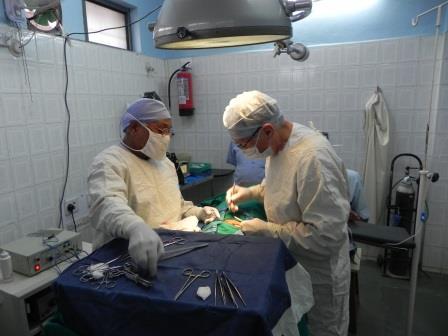
It was in 1986 that at a chance meeting with Dr Brahma Reddy from Kurnool, at a workshop in Hyderabad, Ravi was given the chance to pursue a project which required all his intelligence, tenacity and academic brilliance – the use of mosquito net for inguinal hernia repair. His seminal publication in 2003 in the Indian Journal of Surgery reported over 300 cases meticulously followed with excellent results. Many other publications have followed.
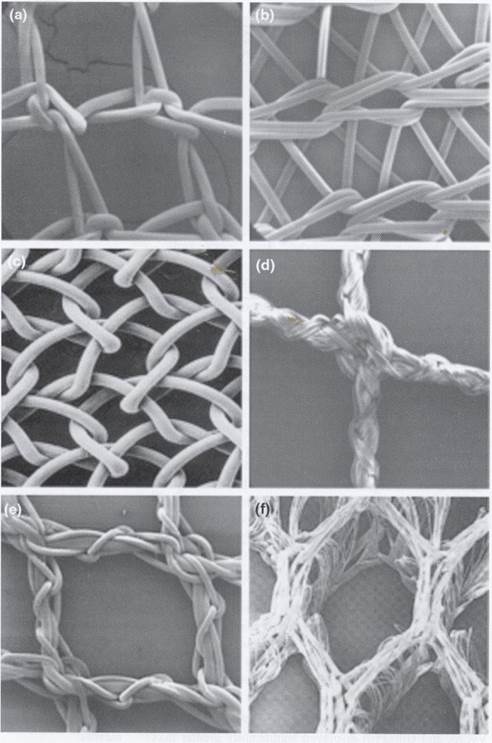
Global recognition occurred in 2009 at the European Hernia Society meeting in Berlin.
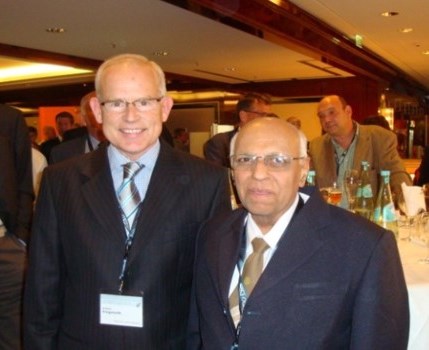
The pinnacle of success was receipt of an Innovation Award at the World Innovation Summit on Health in Doha in 2013.
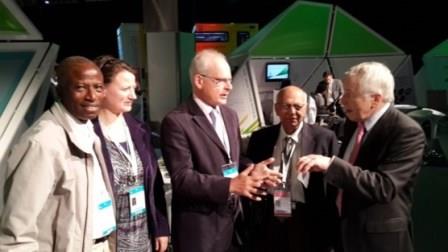
At a recent international conference Ravi is quoted as saying “Since the year 2000 at a modest estimate, till today around 35,000 hernia surgeries were performed across the world using mosquito net mesh”. Hernia International contributes about 2000 of these cases annually.
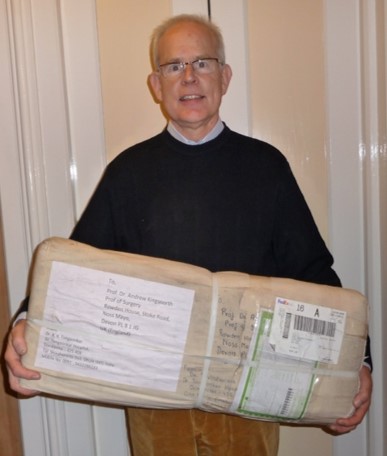
In recognition of his excellence in Rural Surgery, Ravi has been President of the International Federation of Rural Surgeons and President of the Association of Rural Surgeons of India.
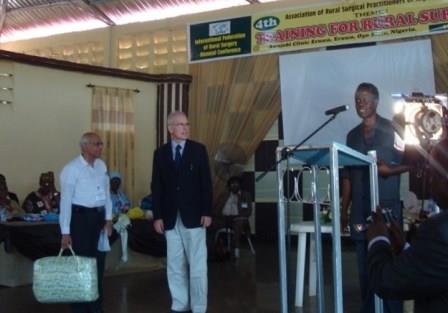
In 2012 I visited Ravi’s hospital in Dondaicha and operated with him. I will remember him as a lively, warm and noble human being whose priority was the well-being of the members of his community.
Andrew Kingsnorth
Director, Hernia International
